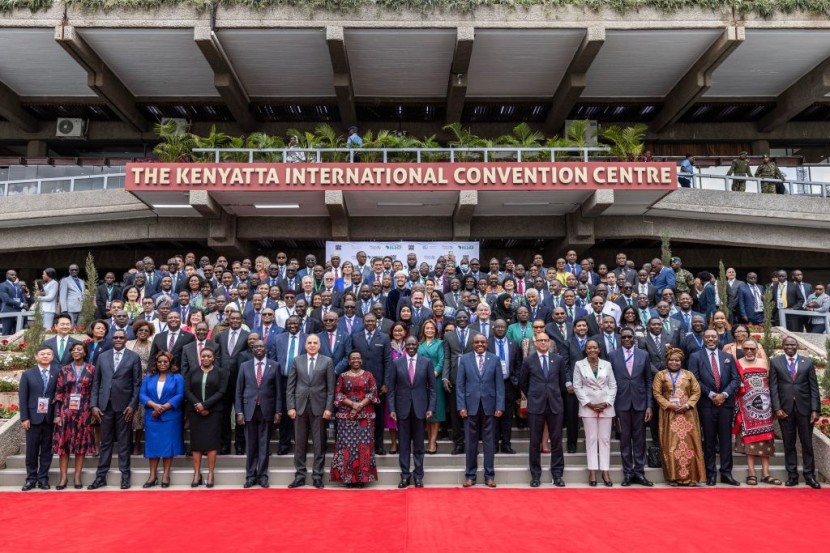
African leaders have agreed to call on wealthier nations to conduct international finance reforms and implement global taxes to help poor nations fight against the climate crisis.
On Wednesday, officials proposed the new global taxes and reforms to help fund the country's climate change action. The declaration will form the basis of their negotiating position during the COP28 summit that will be held in November.
Global Taxes
The Nairobi Declaration capped the three-day Africa Climate Summit in Kenya, where most of the discussions focused on mobilizing financing to adapt to increasingly extreme weather conditions, conserving natural resources, and developing renewable energy.
Africa only receives roughly 12% of the nearly $300 billion in yearly financing it needs to cope with climate change despite suffering from one of the worst impacts of the crisis. In the lead-up to the recent summit, organizers emphasized market-based solutions, including carbon credits.
However, the final declaration focused more on demands that major polluters and global financial institutions commit more resources to help poorer countries and make it easier for these nations to borrow at affordable rates, as per Reuters.
The declaration also urged global leaders to "rally behind the proposal for a global carbon taxation regime" that would include a carbon tax on fossil fuel, maritime transport, and aviation trade. They added that a global financial transaction tax could further augment this.
It added that implementing such measures globally would ensure large-scale financing for climate-related investments and would insulate the issue of tax raises resulting from geopolitical and domestic political pressures.
Nearly two dozen countries currently impose carbon taxes, based on information from the International Monetary Fund (IMF). However, the idea of a global carbon tax regime has never gained much traction among nations.
Funding Fight Against the Climate Crisis
During the African summit, investors also announced what totaled roughly $23 billion that would be used to fund projects that include solar microgrids, carbon markets, and reforestation efforts, according to the New York Times.
However, it remained unclear how much money represented commitments instead of simple intentions. Kenyan President William Ruto, the host and master of ceremonies during the summit, said that Africa had 60% of the world's renewable energy potential.
He added that the region has almost a third of the minerals crucial to powering industries currently dependent on planet-warming fossil fuels. Meanwhile, roughly 600 million people in the region have little or no access to electricity.
In 2011, conservation groups said that the money raised from similar taxation efforts should be used to finance environmental priorities. However, the European Commission's proposal never won the unanimous approval required by the European Council to make it into law.
A senior advisor at the Christian Aid charity, Joab Bwire Okanda, said that African leaders' call for a global carbon tax was welcome. However, he argued that "to make polluters pay, false solutions like carbon credits that allow polluters a free ride without taking meaningful action need to be consigned to the dustbin," said BBC.







